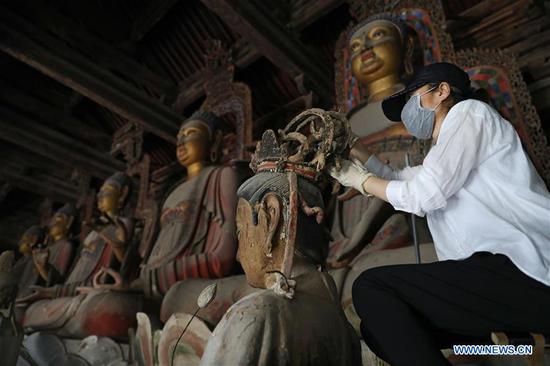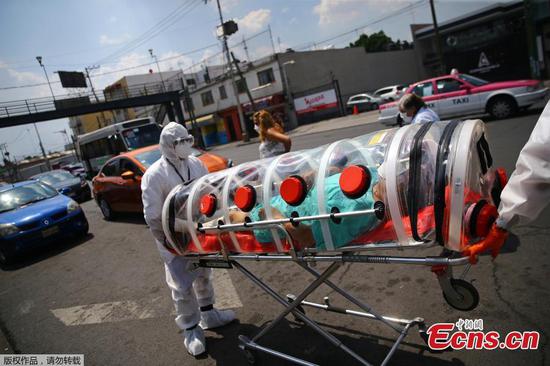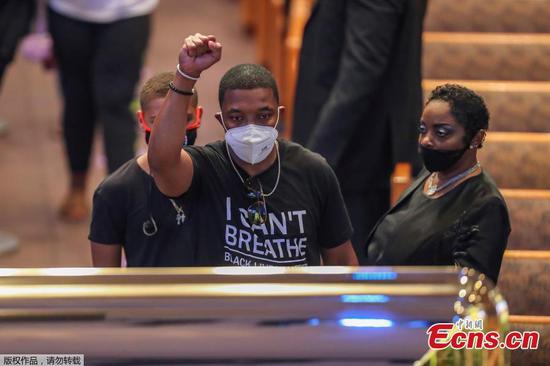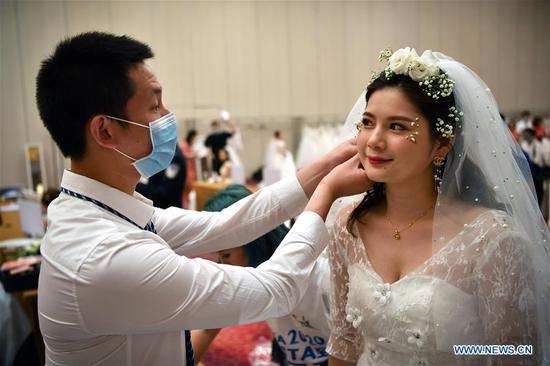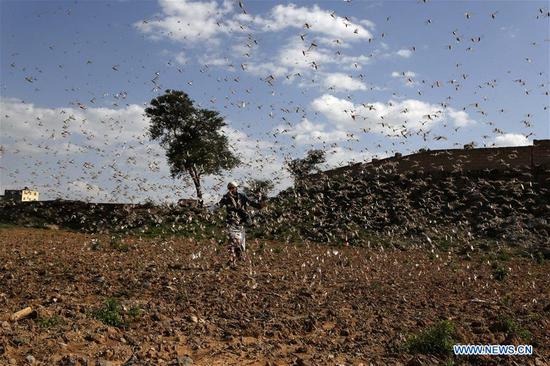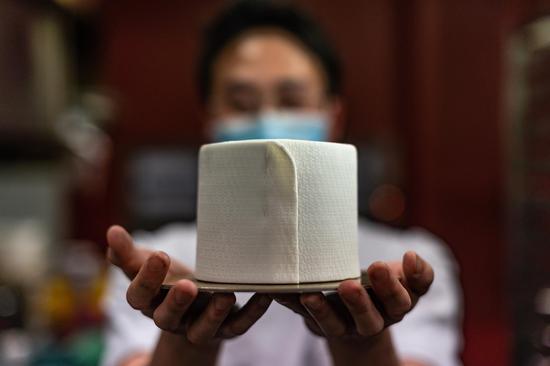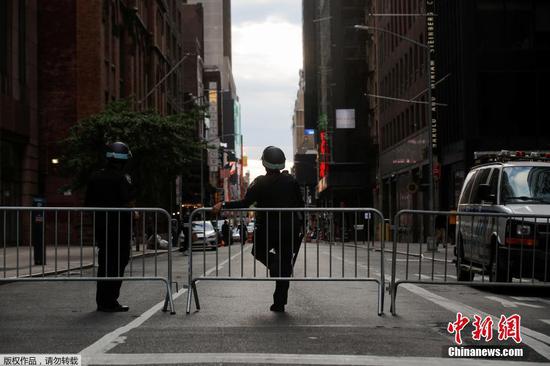It is when people with the novel coronavirus first begin to feel unwell that they are most infectious, World Health Organization (WHO) experts said on Tuesday.
"It appears from very limited information we have right now that people have more virus in their body at or around the time that they develop symptoms, so very early on," Maria van Kerkhove, an infectious disease epidemiologist and WHO's COVID-19 technical lead, told a live session on social media.
She also said preliminary studies suggest that people with mild symptoms can be infectious for up to 8-9 days, and "it can be a lot longer for people who are more severely ill."
Mike Ryan, executive director of WHO's Health Emergencies Program, said during Tuesday's session that the viral loads in the upper airway are peaking at the time you are just beginning to get sick.
"That means you could be in the restaurant feeling perfectly well and start to get a fever, you are feeling ok, you didn't think to stay home, but that's the moment at which your viral load could be actually quite high," he said.
This feature has made it so hard to control the spread of the virus that causes the COVID-19 disease, but it can be done through rigorous testing and social distancing, they said.











